fakenews
Latest
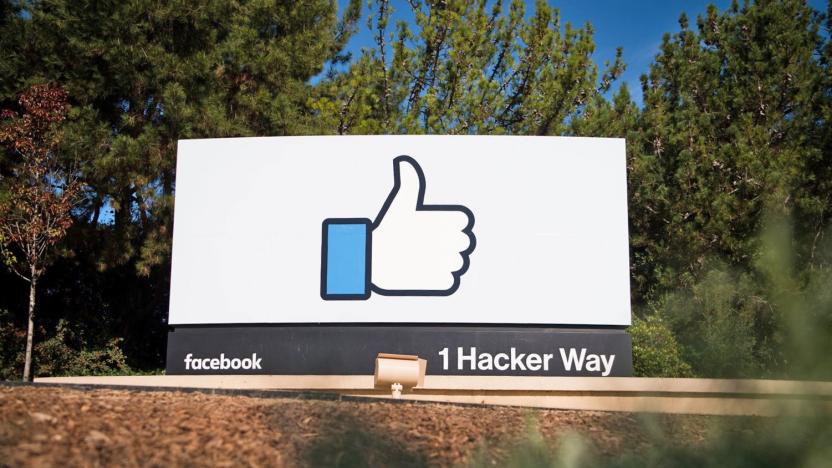
Despite scandals, Facebook is still raking in cash and users
It's no secret that 2018 has been quite a rocky year for Facebook, after controversies over the Cambridge Analytica data privacy scandal and, most recently, its handling of fake news on the platform. But, despite these troubling issues, the company's bottom line hasn't been affected -- it made $12 billion during the last quarter alone. And today, Facebook reported a total revenue of $13.23 billion in Q2 2018, a 42 percent year-over-year increase. Meanwhile, daily and monthly active user numbers are still growing, though they didn't jump by much compared to Q1 2018. Monthly users are now at 2.23 billion, only up 1.54 percent from the last quarter.
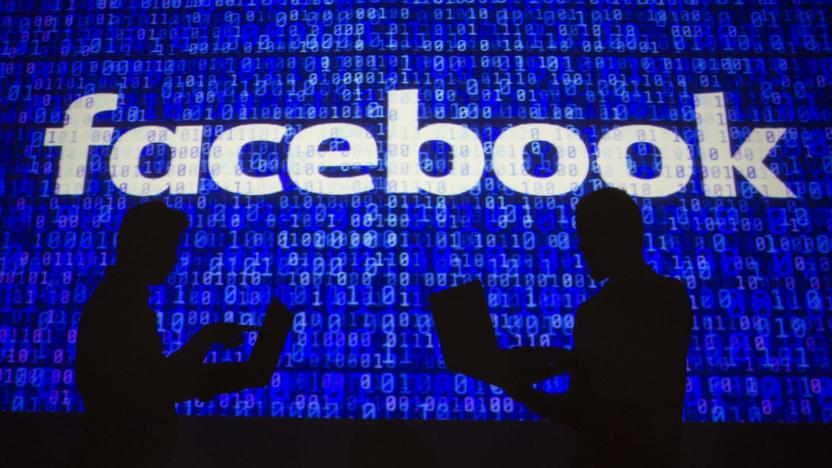
Facebook cracks down on fake news ahead of Brazil elections
Facebook took down 196 pages and 87 accounts used by a right-wing Brazilian activist group to spread fake news, Reuters reports. According to the publication's sources, the group, Movimento Brazil Livre, was running fake pages to spread its political message throughout Brazil ahead of the country's general election in October. In a statement given to Reuters, Facebook, which didn't name the pages or who was behind them, said the deactivations were instituted because the pages were part of "a coordinated network that hid behind fake Facebook accounts and misled people about the nature and origin of its content, all for the purpose of sowing division and spreading misinformation."
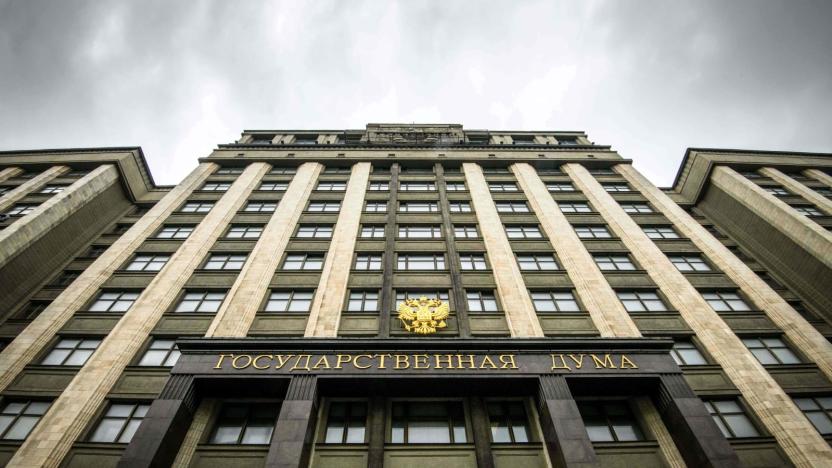
Russia considers fake news law that would fine social networks
Russia is considering a new law that would allow the government to punish websites and social networks for user posts deemed inaccurate, the New York Times reports. If passed, the new law would require websites with more than 100,000 daily visitors and a comment feature to remove inaccurate information posted by users within 24 hours. If they don't comply, the sites could face a fine of up to 50 million rubles ($793,000).

Facebook will prioritize removing fake news that incites violence
During a recent congressional hearing, Facebook showed that its policies could use a bit of work when it comes to addressing posts threatening violence. Now, the tech giant has finally taken steps to combat that particular issue, announcing a policy change that will allow it to take down fake news posts that incite violence and physical harm. A spokesperson told CNBC that it will begin implementing the new rule, which will cover both text and image posts, "during the coming months."

Zuckerberg: I didn’t intend to defend Holocaust deniers
Earlier today, Recode's Kara Swisher released an extensive interview with Facebook CEO Mark Zuckerberg covering the platform's struggles during a long, scandal-ridden year. Nestled inside was an exchange where Swisher pressed the executive on why it allows some conspiracy theorists to be allowed to post on the platform, regardless of the truth of their statements -- and he explicitly explained that these users, including Holocaust deniers, deserve a voice. This predictably kicked up a ruckus online, and Zuckerberg emailed a clarification to Recode reaffirming that he finds Holocaust deniers "deeply offensive" and didn't intend to defend them. But he did state Facebook's goal: Not to stop fake news, but prevent it from spreading.
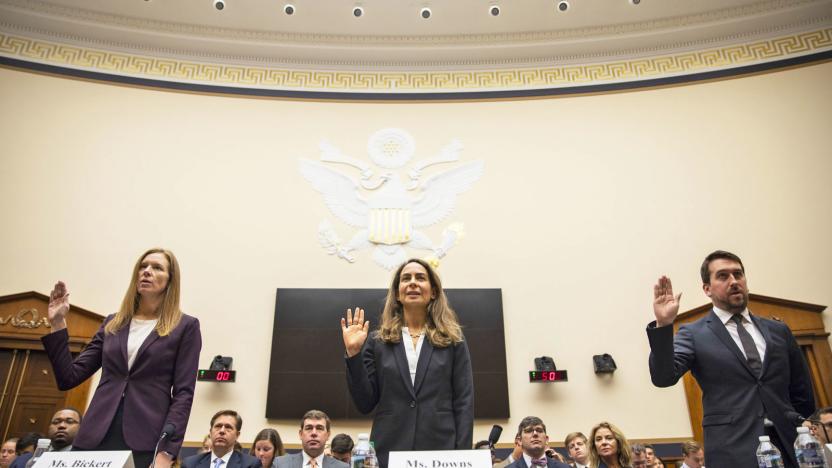
Congress' social-media hearing was a ‘stupid’ sideshow
Tuesday marked another chapter in the "Tech Companies Go to Congress" story, with Facebook, Twitter and YouTube testifying before the House Judiciary Committee. The hearing, titled "Examining the Content Filtering Practices of Social Media Giants," was supposed to shed light on how these companies are keeping their sites safe for users by filtering out toxic content. But, instead, we learned very little. Executives from Facebook, Twitter and YouTube simply echoed what they've been saying in other congressional hearings since 2017. They talked about how they're using a combination of artificial intelligence and human reviewers to fight fake news, bots and toxic content like hate speech.

Twitter puts verification fixes on hold as elections loom
Twitter has spent the past several months trying to fix its verification mess, but it looks like you'll have to wait a while longer for a solution. New product lead Kayvon Beykpour has announced that Twitter is putting its verification reform efforts on hold to focus on "information quality" in the run-up to the US mid-term elections. The move is meant to help the social network "move faster" on areas it thinks are "most important," Beykpour said.

Egypt will subject popular social accounts to anti-fake news laws
Egypt's parliament has passed a new law that will categorize social media accounts and blogs with more than 5,000 followers as media outlets. As such, they'll be regulated by the Supreme Council for the Administration of the Media and be subject to media laws that criminalize the spread of fake news. Additionally, the regulatory body can now block websites and file criminal complaints against those deemed to be "inciting people to violate laws" and spreading "defamation against individuals and religions."
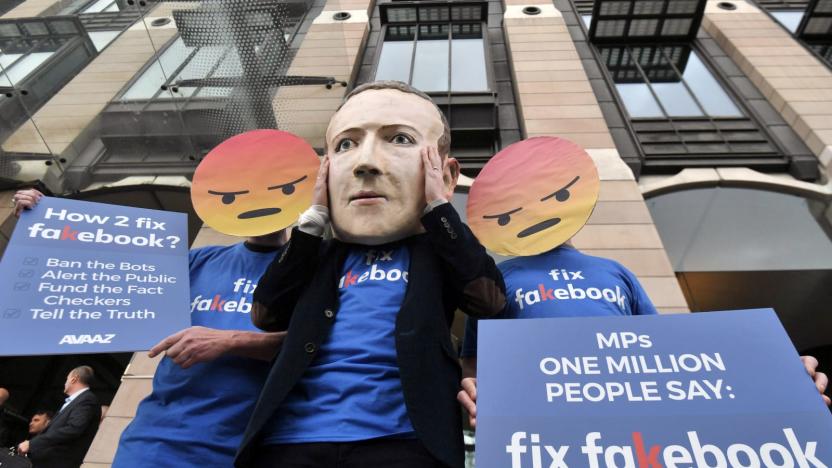
Facebook’s approach to fighting fake news is half-hearted
Earlier this week, Facebook hosted a group of reporters (myself included) at its NYC office for a Q&A session about its efforts to fight fake news. The event, led by Head of News Feed John Hegeman and News Feed product specialist Sara Su, began with Facebook showing us a short film called Facing Facts. It's a documentary that debuted last May, which tells the story of the company's uphill battle to rid its site of a misinformation plague that seems incurable. For months, Facebook has talked about how hard it is working to fix the issue (by hiring third-party fact-checkers, removing fake accounts and more), but on Wednesday it left us with more questions than answers. That's because Facebook believes reducing and flagging fake news stories is better than removing them altogether, and that doesn't seem like the best approach.

Defending InfoWars, Facebook declines to stop fake news
This week, we learned in concrete terms that Facebook, like the Trump administration, has no bottom when it comes to hypocrisy and catering to neo-fascist conservatives. The hole has since been dug so deep by the company that its usual tactic of trading access for a positive PR apology tour may not work as well as it used to.
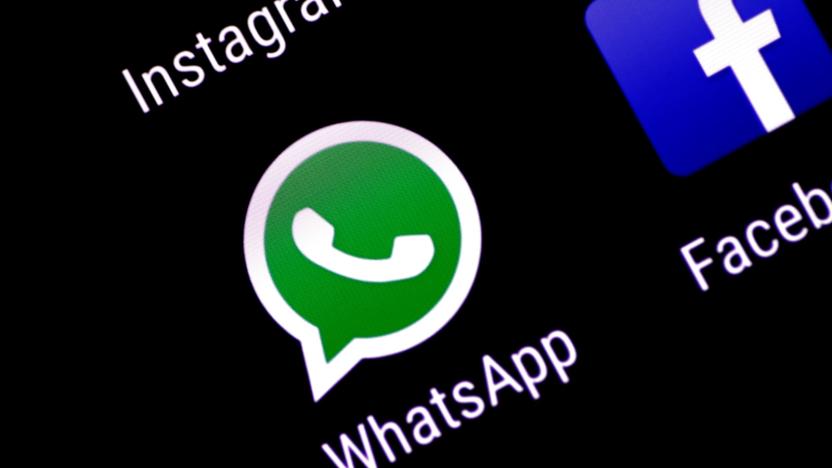
WhatsApp now labels forwarded messages to fight fake news in India
Misinformation has been running rampant through WhatsApp conversations between Indian users. It's gotten so bad that false accusations of child trafficking and organ harvesting have riled folks into mob violence that's killed 12 people. The service has been trying to counter the spread of fake news on its platform, and today introduced a small upgrade: Labeling forwarded text.
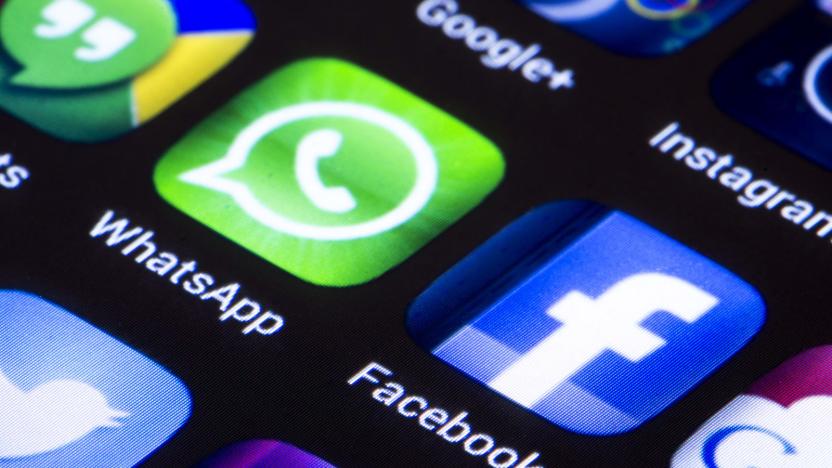
Facebook uses newspaper ads to warn WhatsApp users about fake news
The devastating consequences of fake news are apparent around the world, but in recent times India has felt them most keenly, with the spread of misinformation resulting in the deaths of 12 people in the last two months. WhatsApp, and its parent company Facebook, have taken a number of measures to stem the tide of fake news, from making short films to handing out grants to support research into the issue – now they're appealing directly to their users.
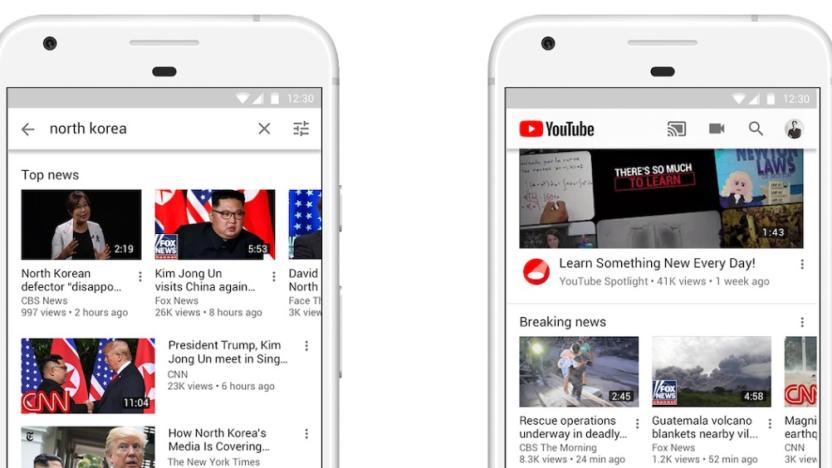
YouTube invests $25 million to fix its breaking news problem
Google is showering more attention on YouTube as part of its effort to fight fake news. The streaming video behemoth has unveiled updates to its service and partnerships to not only boost access to credible news reports, but shoot down dubious claims. In the US, YouTube will soon show relevant articles next to developing news stories and highlight more local news stories. On an international level, it now links to fact-checking articles when searching for videos on a "small number" of subjects prone to bogus claims (like the Moon landing). People in 17 countries (including the US and UK) also have access to Breaking News and Top News features that surface relevant stories on your home page.

WhatsApp enlists outside help for its fake news problem
Over the last two months, misinformation spread through WhatsApp in India has riled up lynch mobs that killed twelve people. After the country's government sternly criticized the messaging service for its role in the violence, WhatsApp is offering researchers up to $50,000 in grants to study fake news on the platform.
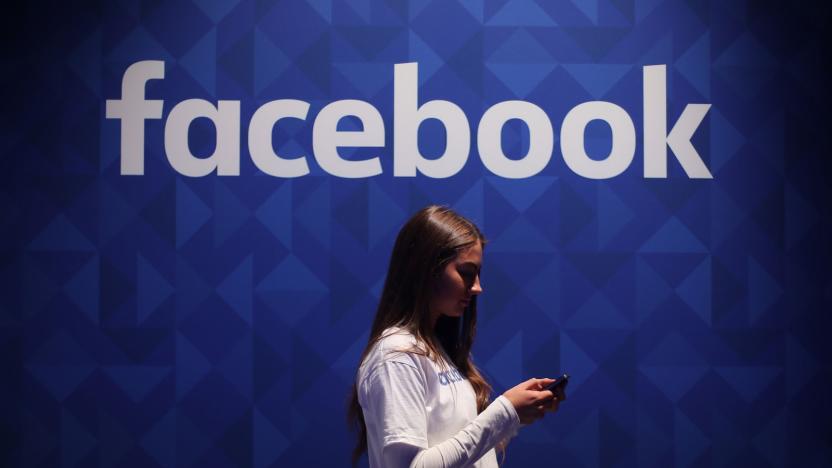
Facebook's latest AI acquisition is focused on natural language
Facebook might have another AI tool for its quest to tackle fake news. The social network has acquired Bloomsbury AI, a London firm specializing in using machine learning to understand natural language in documents. The move is ostensibly about improving "natural language processing research" and its uses, but TechCrunch sources had previously noted that Bloomsbury would tackle fake news and other content problems.

Fake news on WhatsApp is inciting lynchings in India
Fake news isn't just an American problem, or a political problem, or a Facebook problem or a Twitter problem. Yesterday, the Washington Post reports five people were killed in a lynching in India spurred by online rumors of child trafficking. The Times of India said police believe that because of rumors traffickers were active in the area, villagers killed the group after one of them spoke to a child. It's the latest in a series of violent incidents in the country that have left twelve dead over the last month, all connected to fake messages on social media, which have mainly spread through the messaging service WhatsApp.
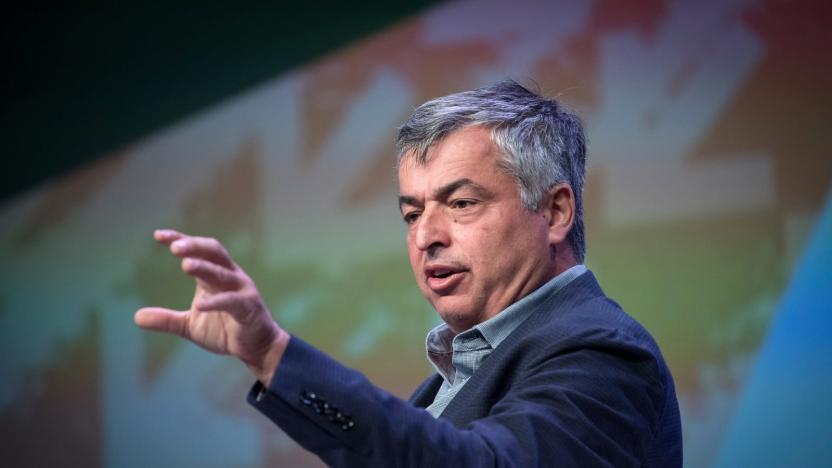
Recommended Reading: Fixing Apple Maps
Apple is rebuilding Maps from the ground up Matthew Panzarino, TechCrunch It's no secret that Apple Maps has lagged behind other options like Google Maps and Waze, but that may not be the case for much longer. TechCrunch has details on how Eddy Cue and his team are giving the app a complete overhaul -- one that begins with the company using its own map data.

Adobe is using AI to catch Photoshopped images
While picture editors have tweaked images for decades, modern tools like Adobe Photoshop let them alter photos to the point of complete fabrication. Think of sharks swimming in the streets of New Jersey after Hurricane Sandy, or someone flying a "where's my damn dinner?" banner over a women's march. Those images were fake, but clever manipulation can trick news outlets and social media users into thinking they're real. By the time we figure out that they're phony, bombastic pictures can go viral and it's nearly impossible to let everyone know the image they shared is a sham.
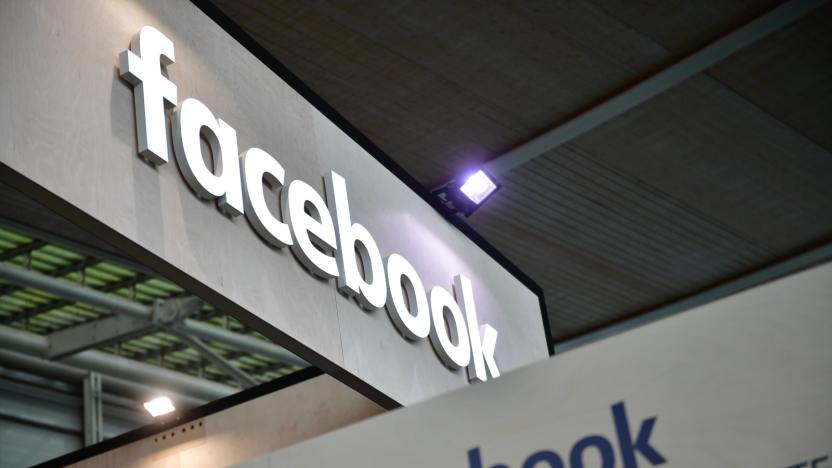
Facebook expands news fact-checking program to 14 new countries
It's a Thursday morning, so that means Facebook has an announcement to share regarding its fight against fake news. The social network says it has expanded its third-party fact checking operations to an additional 14 countries. More than that, fact-checking photos and videos (verifying metadata against the context of the post, examining for any doctored elements) is making it way to another four countries.

Adblock Plus creator hopes blockchain will help spot fake news
The creators of Adblock Plus, eyeo, have an uncommon solution to the fake news scourge: rely on one of the tech industry's biggest buzzwords. They've introduced a beta Chrome extension, Trusted News, that will use blockchain to help you verify whether a site is trustworthy. It's initially using four established fact sites (PolitiFact, Snopes, Wikipedia and Zimdars' List), but the eventual plan is to decentralize the database with the Ethereum blockchain and use game-like token mechanics to reward everyday users for submitting feedback while protecting against trolls. If enough people think a site is getting a bad rap, eyeo could change the product to provide a better perspective.









